At the age of between two and six, or sometimes younger, most children will begin to explore their genitals and the pleasurable feelings that may come from them. It naturally happens when they become more aware of their body parts. To a child, touching, playing or massaging his or her genitals is pleasure, not ‘wrong’ or ‘dirty’. The only reason why adults are often shocked and worried about their actions is that we tend to view our child’s actions through our adult eyes. It is only when a child hears the terms from adults such as ‘wrong’ or ‘dirty’ or picks up their anxieties does he or she gets confused.

It’s Part Of Their Development
“Toddlers are like cavemen”, says Harvey Karp, MD, a paediatrician and author of ‘The Happiest Toddler on the Block’. “They spit and scratch when they are angry,” he says. “They pee in the living room. They pick their nose. They put food in their hair. They’ll suddenly shriek out of nowhere even in a crowded place.”
“Children don’t have the same bodily shame that we do about things like picking their nose and looking down their pants,” says Rahil Briggs, PsyD, an infant-toddler psychologist at Children’s Hospital at Montefiore in New York.” There’s no superego inside of them, saying, “Don’t pick your nose. That looks funny to outsiders,” she says. “Instead, there is this enormously powerful sense of curiosity and exploration.”
It is important for parents to know that our children are not doing anything “wrong” when they explore their genitals because they have no evil or hidden agenda. As long as it’s a moderate amount of exploration and touching, it is all right. There is no need for shaming, humiliation, embarrassment or punishment for their acts. Know that there will be ample opportunities for the child, as he grows older to be taught how to respect his genitals.

For now, it is very crucial for parents to NOT convey messages that their genitals are bad body parts.
Finding The Balance
Parents need to find that fine balance between educating their children adequately and being open about their own sexuality.
We need to know what to educate at which stage of their growing age and maturity, where information is given wisely and timely. Some parents may mishandle early sexual issues due to their overzealousness to overload and share information with their children. While some parents mishandled the situation because they are shameful, frightened and are unable to come to terms with their own sexuality.

Here are five strategies on how parents can attempt to manage them.
1. Respond and Listen Attentively
When you do see your child fondling with their private parts, try not to react in shock or display your anxieties.
If your child is old enough for sexuality conversations or dialogues, parents can try asking them how it feels when they fondle with their genitals and any reason that caused them to explore them. It is also important for parents to affirm that that genital is a good part of their body. Parents (usually encouraged for fathers to talk to boys and mothers to girls) can also share openly that you use to do this exploration at their age. Yet too much of such activities may keep them from exploring other activities in their lives that can also make him or her feel good. Then explore with them on the kind of activities they would like to explore together with you as a parent. Such conversations can be a teachable one, helping our children to grow up healthily in their own sexuality.
2. Reinforcing Good Behaviours
Catch your child when they display good behaviours and encourage them when they are doing positive things.
It can be as simple as keeping their toys, sharing their toys or being respectful to the elderly or peers. When our child feels affirmed more than being discouraged, it helps them to be more confident in themselves and thus finding less of a need to find pleasure from other external sources such as fondling of their genitals.
3. Educating ‘Good’ and ‘Bad’ Touch
It is important for our children (2-3 year-old) to know that their bodies belong to them.
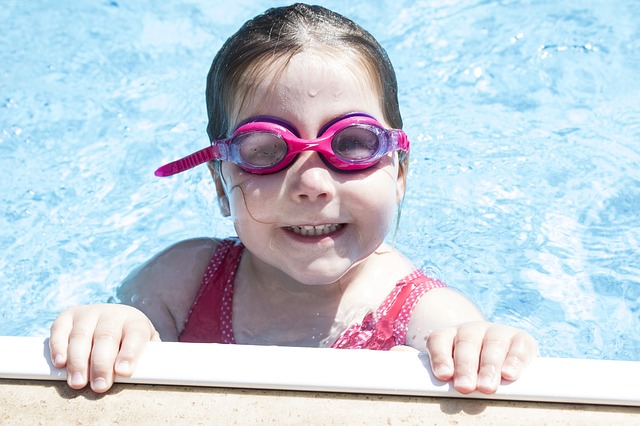
The Swimsuit rule: Some social workers I know use the swimsuit as a guideline for their children to identify which parts of their bodies are private. The rule is if their swimsuit covers it, it is a private area and no one should be seeing or touching those areas.
Parents can also educate them that they can reserve certain parts as ‘private’, such as holding hands with someone or having a friend hug or kiss them. Our children need to know that they have the right to say no if they don’t like it, and the difference between ‘good touch, bad touch’. They can also be educated on who can touch it and what are appropriate times, like during bath time or at the doctor’s office. It is normal for our children to be fascinated by the difference in their genitals among their different gender peers. If your child begins to ask questions or touches other children, we can explain to them that these parts are private.
4. Provide Alternatives
Some children may develop a habit unconsciously to fondle or play with their private areas when they are stress, like a tension release.
When that happens, it is important to sit our child down and find out what the cause of tension is. Help him or her to see that there are alternative ways to relieve his or her anxieties. For children who may have been so used to fondling themselves to bed, parents can help them adjust by giving back rubs or playing soothing music to assist them to sleep.
5. Ask For Help
If you are uncomfortable to discuss about sexuality with your child and you find that your child is growing a bad habit of fondling his or her genitals in public, you can seek a substitute teacher to help you explore the subject. This person may not be your child’s teacher but can be a doctor who does it as a part of a checkup, a counselor or a social worker who can help your child explore his feelings and insecurities. Nevertheless, it is still important for parents to be the key person where your child can feel safe to approach when they need to discuss such sensitive matters.
By Yvonne Chee
If you find this article useful, do click Like and Share at the bottom of the post, thank you.
Like what you see here? Get parenting tips and stories straight to your inbox! Join our mailing list here.












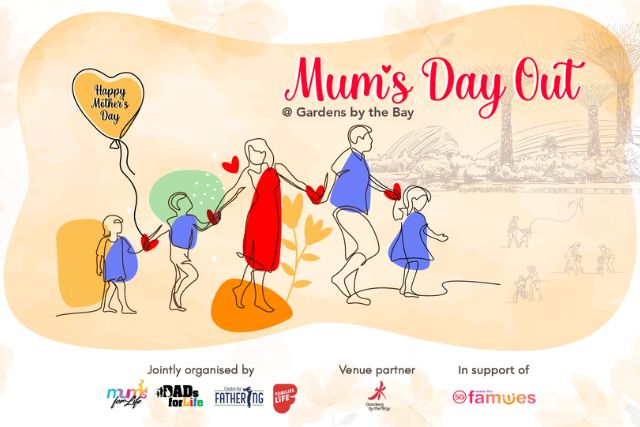


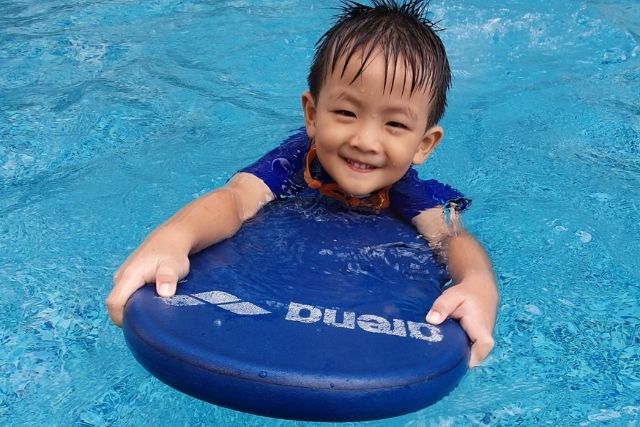





















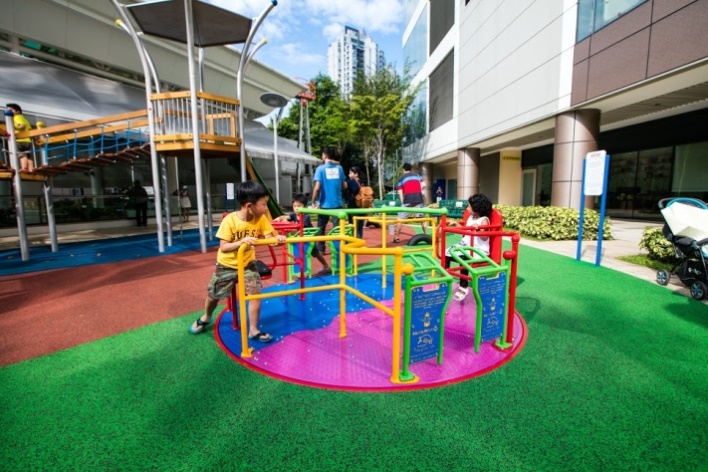



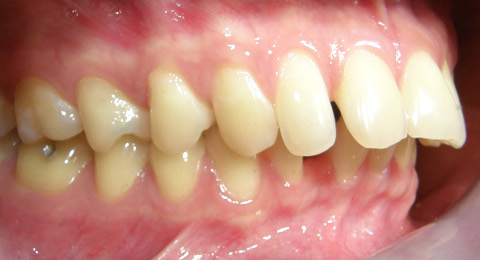

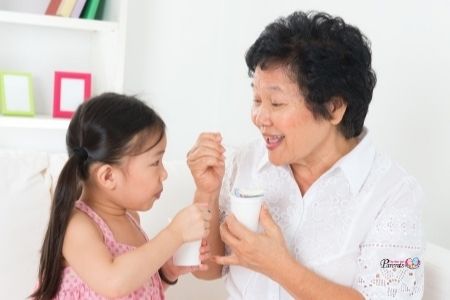

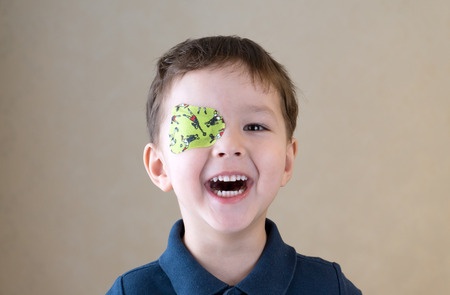


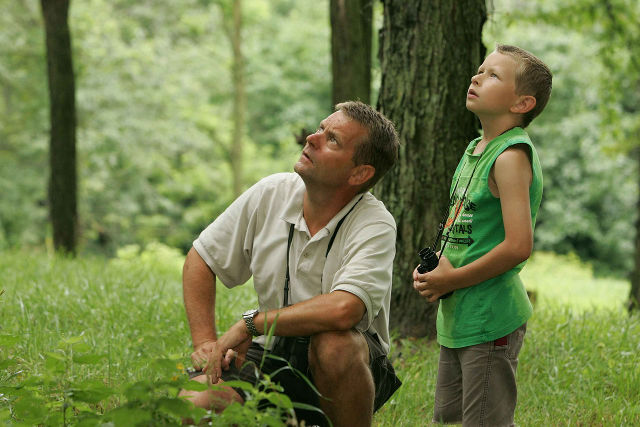









Leave a Comment: